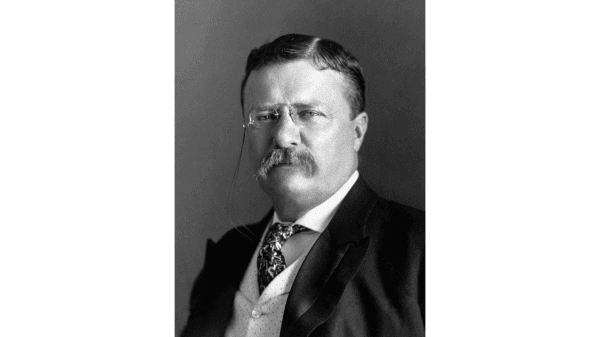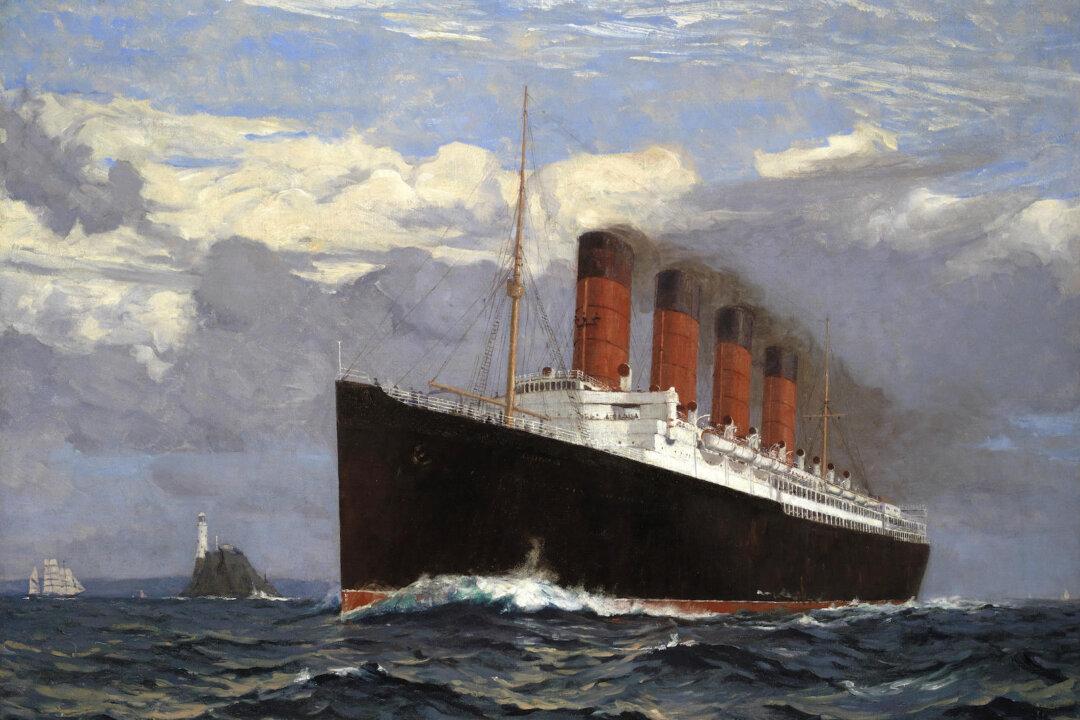World War I continues to be studied on the merits of how it changed the global landscape: geographically, religiously, and economically. Not to mention how the peace that followed led to the most devastating war the world had ever witnessed, only 20 years after the most devastating war the world had ever witnessed.
These studies are necessary for countless reasons, but Neil Lanctot has indulged readers—from World War I enthusiasts to geopolitical strategists to those concerned with the world’s current military crisis in Eastern Europe—with a different study. It’s a study of how three of America’s most influential leaders felt about getting involved in The Great War.
Photograph of U.S. President Theodore Roosevelt (cropped), circa 1904, by Pack Bros. Library of Congress. Public Domain






